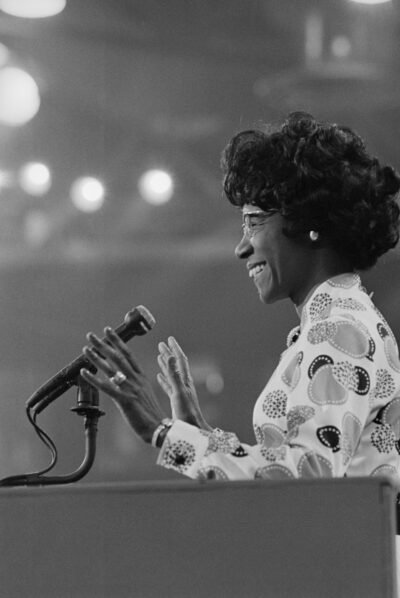Political parties in the U.S. don’t seem to hear themselves. To many women, their voices aren’t raised for our dignity, our safety, or our futu
Political parties in the U.S. don’t seem to hear themselves.
To many women, their voices aren’t raised for our dignity, our safety, or our futures. Instead, they shout about what they want us to believe. They flood the airwaves with strategies to contour our thinking—while leaving our lived realities on mute.
Both sides behave as if to not believe what they believe is to be wrong—and even hateful.
Neither party’s messaging pushes what women actually want. Instead, they push what they want women to want.
Repeating Slogans. Repeating Phrases. You repeat things that don’t resemble the truth.
“Good women do this. Good women do that.” Algorithms join the party. Truth tellers get suspended or shadow banned.
And then, with a wink of arrogance, they assume women aren’t smart enough to know the difference. When we do see through it—and call it out—they quickly rebrand our truth-telling as a “culture war.”
In this work, the ability to see people clearly—their motives, their patterns, their truths—comes to you fast, heavy, and sharp. The darker hue helps too.
A Long History of Silencing with Labels
This tactic is nothing new. Across generations, women who refused to fall in line were accused, dismissed, and labeled:
-
Suffragists (1800s–1920s): Called “unwomanly” or “radical” for daring to demand the vote. “Feminist” was spat out like an insult before it was ever worn with pride.
-
Mid-century (1940s–1950s): Women pressing for childcare, workplace protections, and equal pay were told they were “feminists”—code for anti-family or man-hating.
-
Civil Rights Era (1960s–1970s): Shirley Chisholm, Barbara Jordan, Bella Abzug, and others were accused of being feminists simply for demanding equity. Chisholm herself said she faced more discrimination as a woman than as a Black person in Congress. Her boldness was framed as “too radical.”
-
Backlash of the 1990s: “Feminist” became shorthand for angry, unnecessary, and extreme. The goal was to scare younger women away from the word.
-
Today: When women don’t tow the party line, they’re accused of being “secretly with the other side.” And when they center women’s needs, they’re still derided as “feminists”—as if that word itself is a scarlet letter.
What This Reveals
Labeling isn’t dialogue—it’s control.
-
It’s easier to paint women as extreme than to admit politics hasn’t met our needs.
-
It’s easier to call women’s voices a “culture war” than to acknowledge that women know exactly what they want—and have always known.
Why Women Won’t Be Silenced
But here’s the thing: every time “feminist,” “radical,” or “troublemaker” was hurled as a weapon, women transformed it into a banner. What was meant to diminish became fuel for movements.
If parties actually listened, they’d know:
-
Women don’t need to be persuaded into “loyalty.” We need safety, protections, dignity, and economic justice.
-
We’re not here to be reshaped. We’re here to be heard.
Until then, women will keep doing what we’ve always done: speaking for ourselves, building communities that carry what politics drops, and refusing to let others write our story for us.
